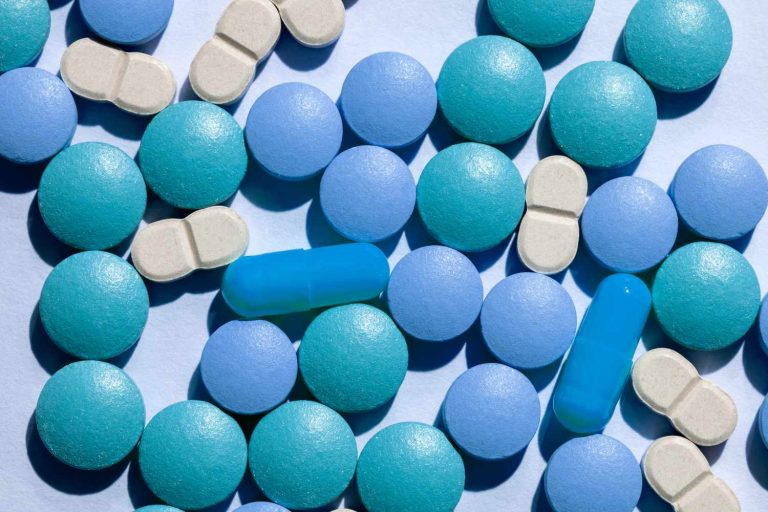Millions turn to supplements for depression relief, but few have strong research support. A UK study reviewed hundreds of clinical trials on 64 supplements, including herbs and vitamins. Although most lacked solid evidence, four stood out by outperforming placebos: St. John’s Wort, probiotics, vitamin D, and saffron.
Lead author Rachael Frost from Liverpool John Moores University highlighted the accessibility and affordability of these supplements, which makes them appealing options. However, she warned that the study did not assess the quality of every trial. Some trials were rigorous, while others were smaller and less reliable.
Experts emphasize the importance of distinguishing proven supplements from those promoted online without evidence. Dr. De Borrah Wright, a child psychiatrist at NYC Health + Hospitals, noted that the study found firm evidence for only four supplements out of 64. This fact underscores the need for caution when choosing supplements for depression.
Among the supplements studied, omega-3 fatty acids appeared frequently but generally did not outperform placebos. In contrast, St. John’s Wort—derived from the Hypericum perforatum plant—showed notable benefits and sometimes matched prescription antidepressants in effectiveness.
Saffron, a spice from crocus flowers, also showed early promise. Yet, researchers call for larger studies to confirm its benefits. Probiotics and vitamin D received considerable attention as well. Vitamin D’s benefits seemed clearer in individuals with low levels, but excess intake can cause harm.
Other supplements with limited but positive signs include folic acid, lavender, zinc, tryptophan, rhodiola, and lemon balm. Some of these may influence brain chemistry by regulating serotonin and dopamine, hormones linked to depression.
Vitamin D receptors exist in brain areas that affect mood, such as the prefrontal cortex and hippocampus. Probiotics may improve mental health through the gut-brain connection, making them a low-risk option to complement traditional treatment.
While supplements show potential, they should not replace prescribed medication or healthy lifestyle habits. Side effects and drug interactions are possible—St. John’s Wort, for example, can reduce the effectiveness of birth control and blood thinners.
Because the FDA does not regulate most supplements, experts recommend purchasing products verified by third-party testers like USP or NSF. This step ensures quality and safety.
Despite ongoing research, it remains unclear how supplements compare directly to antidepressants like SSRIs. The placebo effect may contribute to some positive outcomes, which can still benefit users who adopt healthier habits overall.
Consumers should critically evaluate claims, especially those made by influencers. Supplements alone are unlikely to resolve depression fully. Maintaining good nutrition, sleep, and regular exercise remains essential.
In summary, certain supplements for depression—notably St. John’s Wort, probiotics, vitamin D, and saffron—offer promise as complementary treatments. However, careful use and consultation with healthcare providers are crucial for safety and effectiveness.

